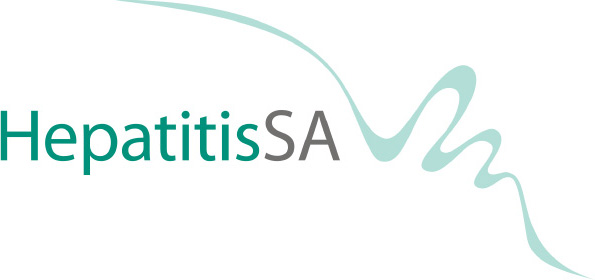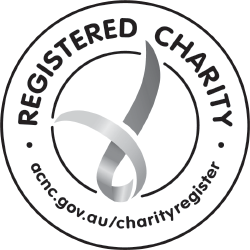The hepatitis C virus is transmitted by blood-to-bloodstream contact. Infection occurs when blood with hepatitis C virus gets into the bloodstream of another person. The hepatitis C virus can survive outside the body for up to six weeks at room temperature on inanimate surfaces, and remain infectious during this time.
Even if you have hepatitis C, or have had it in the past, you can still be re-infected. You can become infected with different strains and experience another acute stage of infection.
There is currently no vaccine for hepatitis C.
In Australia, the most common ways of getting hepatitis C are:
- sharing injecting equipment.
- tattooing or body piercing with unsterilised equipment.
- non-sterile medical or dental injections or other procedures in countries of high incidence.
- receiving a blood transfusion before 1990 (from 1990 screening tests became available and all blood products in Australia are now screened for hepatitis C).
You cannot get hepatitis C from:
- hugging and kissing.
- tears or sneezes.
- sharing cups, plates, clothes, food, drinks, showers or toilets.
- eating food prepared by, or shared with, a person with hepatitis C.
- mosquito bites.
Hepatitis C is not a sexually transmitted infection (STI)
Hepatitis C is not classified as a STI. There is only a risk of transmission when there is potential for blood-to-bloodstream contact during sex. The risk of this contact may increase when an STI such as herpes is present. There may also be an increased risk of blood-to-bloodstream contact during rough sex, anal sex or when a woman has her period.
Mother-to-baby transmission
The risk of mother-to-baby transmission of hepatitis C is less than five per cent unless the mother is also infected with HIV. Women with hepatitis C are encouraged to have natural births and to breastfeed, unless they have cracked nipples.
Protecting yourself from hepatitis C:
- Do not share injecting equipment including tourniquet, spoons and filters. Use new and sterile injecting equipment for each injection.
- Avoid tattooing and piercing where equipment is not sterilised.
- Avoid dental and cosmetic procedures where equipment is not sterilised.
- When undergoing cultural rituals where blood is involved, ensure all equipment is sterilised and no blood to bloodstream contact occurs.
- In sport, follow the Blood Rule.
- Practise safe sex (use a condom).
- Avoid sharing toothbrushes, razors, needles, syringes, personal hygiene items and grooming aids or any object that may come into contact with blood or body fluids.
- Cover all cuts and open sores with a plaster or bandage.
- Follow standard precautions when handling blood spills:
- Wash hands after touching blood or body fluids.
- Wear disposable gloves if giving someone first aid, or cleaning up blood or body fluids.
- Wipe up any blood spills and then clean the area with household bleach.
- Throw away personal items such as tissues, menstrual pads, tampons and bandages in a sealed plastic bag.
Disclosure:
In South Australia, you don't need to tell if you have hepatitis C unless you are:
- a member of, or applying to join, the Australian Defence Force
- a healthcare worker undertaking exposure-prone procedures, e.g. dentist, surgeon, theatre nurse
- donating blood, organs or tissues
- asked when applying for life or health insurance
- asked when participating in combat sports such as mixed martial arts.










